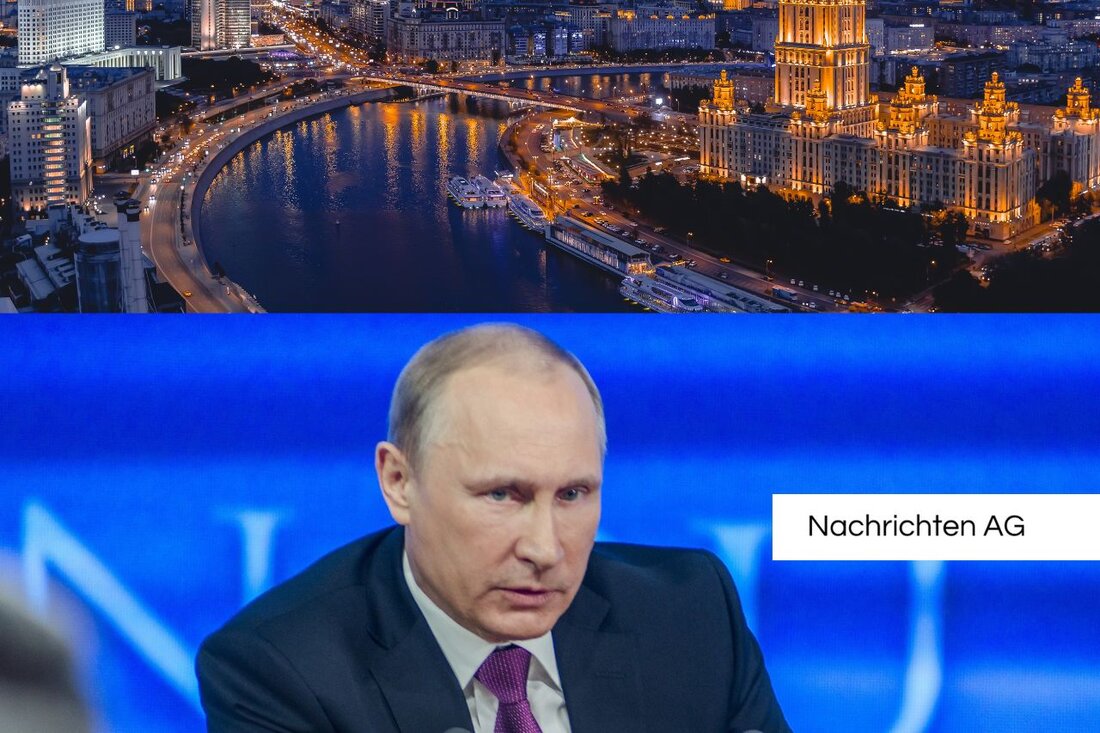Memorial days in Berlin: 30 years after the Srebrenica massacre remember
Memorial days in Berlin: 30 years after the Srebrenica massacre remember
Srebrenica, Bosnien und Herzegowina - On July 11, 2025, the 30th anniversary of the Srebrenica massacre will be celebrated, which is considered the worst war crime in Europe since World War II. On this important day, numerous memorial events take place in Berlin to commemorate the over 8,000 victims who were murdered in 1995 by the troops of the Bosnian-Serbian army chief Ratko Mladic. It is particularly tragic that many of the victims were separated by their families and buried in mass graves, which means that relatives are still looking for their loved ones. On July 11, 1995, the city of Srebrenica was under the protection of the UN, but people were brutally attacked.
The German Bundestag will commemorate the victim of the cruel genocide this Friday from 2 p.m. A debate is held in which the Bundestag administration asks the MPs to do without wearing the "Srebrenica Blume". These pins in the form of a white-green flower were originally supposed to embody the memory of July 11, 1995, whereby the white stands for the innocently killed and the green for hope. While the ceremony is planned, memorial celebrations are also held in Srebrenica, where today's survivors and descendants of the victims come together to mourn together and show solidarity.
worldwide memorial events and meaning
The commemoration day is not only celebrated in Germany. The UN General Assembly has decided that July 11 will in future be recognized as an international day for the victims of the Srebrenica genocide. This decision was made with a majority of 84 votes, although 19 states, including Serbia and Russia, were right. The resolution condemns the denial of the genocide and the glorification of the convict, which has become increasingly the point of view on an international parquet.
There are currently efforts to maintain the memory of the genocide, while there are political tensions, especially with Serbia, which the resolution perceives as a splitting. President Aleksandar Vucic has expressed his lack of understanding about the political context of the resolution and compared the situation with that of the Holocaust.
memory and reconciliation
The importance of commemoration extends far beyond the day. Historian Belma Zulic emphasizes how important it is to remember the atrocities and make the voices of the victims audible. Also this year the remains of 14 victims were buried during the memorial celebrations in Srebrenica, which clearly illustrates how long it takes for the families to find closure.
It is a day of pain, but also hope. Around 500 participants from different countries are expected to gather in front of the Brandenburg Gate to commemorate the victims in a vigil. In the Berlin House of Representatives, another event will be held in the evening under the motto "Our stories, our warning. Against the forgetting".
The Srebrenica massacre remains a central challenge for the European culture of memory and the question of dealing with the past. One of the key messages in both Germany and international is hope for peace and reconciliation in the region, but the various perspectives and historical narratives are often still irreconcilable.
So July 11th is not only celebrated as a commemoration day, but also as a reminder that such atrocities must never happen again. The circumstances and drama of what has happened in Srebrenica should never be forgotten and clarify that humanity has to learn to shape a peaceful future.
| Details | |
|---|---|
| Ort | Srebrenica, Bosnien und Herzegowina |
| Quellen | |


Kommentare (0)